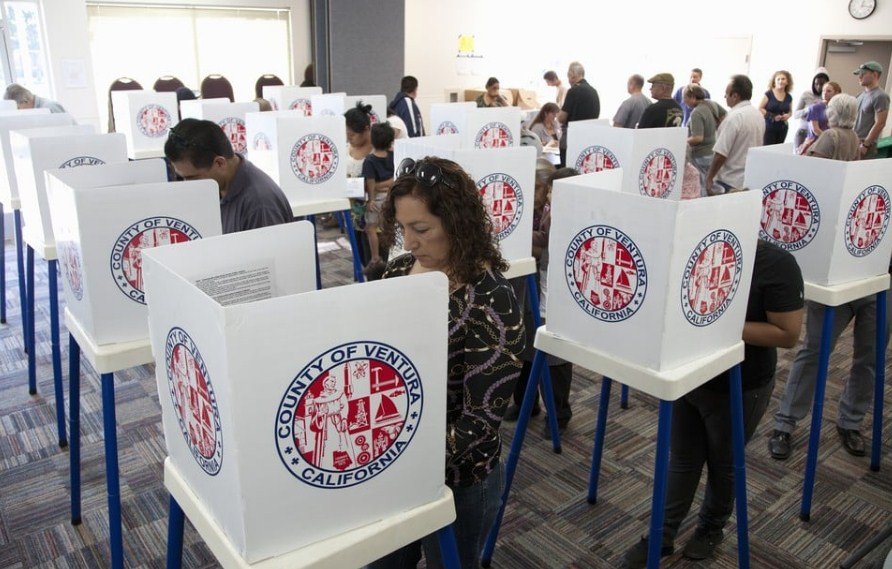Some counties in Washington state are refusing to update their voting machines with a recommended security device, raising concerns about the integrity of the upcoming elections.
What is an Albert sensor and why is it important?
An Albert sensor is an artificial intelligence tool that monitors network traffic for suspicious activity. It is the Homeland Security standard for election security and is used by most states in the US. The sensor does not block potential threats, but it sends alerts to human operators who can take action.
The sensor is especially useful for detecting and preventing cyberattacks that could alter the election results posted online. Although the tabulation machines are not directly connected to the sensor, they are part of the county network that the sensor monitors.
The Washington Office of the Secretary of State has been urging counties to install Albert sensors since 2021, when conspiracy theories and misinformation about the devices began to circulate. The state also offers an $80,000 grant to counties that install the sensor to improve their election security.
Which counties are not using the sensor and why?
According to the state, 36 out of 39 counties in Washington have an operating Albert sensor as of Tuesday, November 7, 2023. The three counties that do not have the sensor are Grant, Ferry and Lincoln.
The reasons for not using the sensor vary from county to county, but some common factors are cost, time and trust. Some county officials say they do not have the budget or the staff to install and maintain the sensor, while others say they do not have enough time to do so before the 2024 election.
Some county officials also express distrust in the state and federal authorities that recommend the sensor, claiming that they have alternative security measures that are sufficient. Some county commissioners have been influenced by conspiracy theories that allege that the sensor is a tool for spying or hacking.
What are the risks and consequences of not using the sensor?
The risks of not using the sensor are significant, according to state and federal experts. Without the sensor, counties are more vulnerable to cyberattacks that could compromise the accuracy and credibility of the election results. Such attacks could come from foreign adversaries, domestic extremists or rogue insiders.
The consequences of not using the sensor could be legal, political and financial. Counties that do not use the sensor could face lawsuits or investigations from the state or federal government, as well as public backlash from voters and candidates. Counties that do not use the sensor could also miss out on the grant money that the state offers, as well as future funding opportunities for election security.
What are the reactions and responses from the state and other stakeholders?
The state Secretary Steve Hobbs has expressed frustration and concern about the counties that do not use the sensor. He has repeatedly warned them about the potential dangers and urged them to reconsider their decision. He has also said that he might introduce legislation to mandate minimum standards of security for counties.
Other stakeholders, such as election security advocates, watchdog groups and political parties, have also weighed in on the issue. Some have praised the state for its efforts to improve election security, while others have criticized the counties for their resistance to the sensor. Some have also called for more transparency and accountability from the counties that do not use the sensor.
The issue of election security is likely to remain a hot topic in Washington and across the nation, as the 2024 election approaches. The use of Albert sensors is one of the many aspects of election security that will be scrutinized and debated in the coming months.

